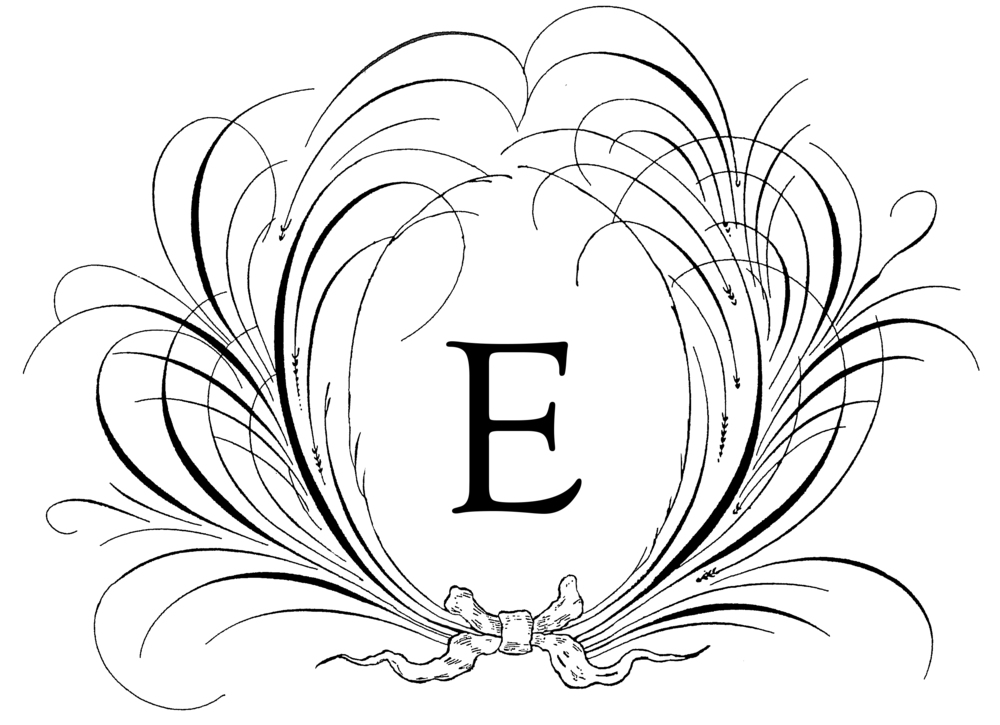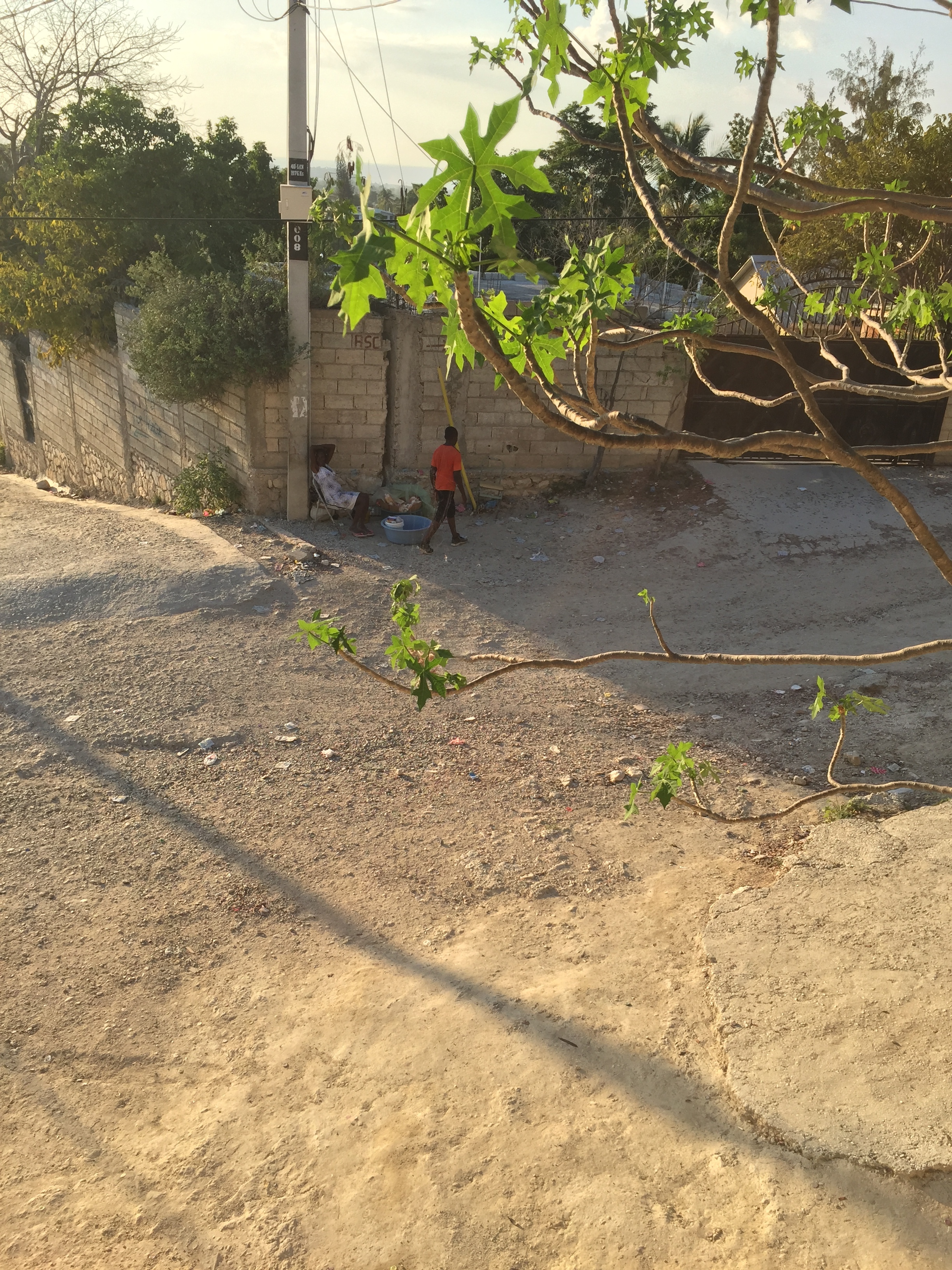Roosters are crowing,
goats are bleating,
dogs are barking –
to exhausted Americans, it sounds like an idyllic countryside, but the constant clicking of the gecko startles us back to reality. We are in the heart of the capital of Haiti – Port au Prince. My companions and I have been restless all night from the orchestra of sounds and the sweltering heat under the mosquito nets that lie over our bunks.
The motherly habit in me causes me to rise early before the others to claim first dibs on the bathroom. We have been advised to sparingly use the water that has been sterilized and transported from the hospital for brushing our teeth and to conserve on all water usage. We flush only when absolutely needed. For me, that also means sacrificing one shower when I would dearly love two – one before I go to bed to wash off the sweat from the day and one when I wake up to get my day started after an even sweatier night. In preparation for the trip, one of my first questions was if there was a shower. A resounding, “yes” meant that I did not pack the ingenious can of dry shampoo. Simple answers sometimes need further questions. I should have asked about the shower. I turned it on…trickle, trickle, trickle of ice-cold water. Well, that was not going to work to wash to my long hip-length hair, but I am so very grateful for the invigorating shower. I decide to put my hair up and deal with that tomorrow (I wind up filling the kitchen sink before the two cooks arrive).
Outside, life has begun to awaken. At 5:30 AM, people are making the trek to the water source in front of our guesthouse that is hidden from me by the towering concrete wall. Large plastic containers are expertly balanced on top of heads with crowns of fabric to keep them in place. I am in awe at how these women can maneuver it on top their heads and balance it so gracefully.
My heart is aching as I see a pregnant woman coming up the hill with her load of water for her family, but she is so accustomed to the task that she walks no slower than the others. Only the teenage boy struggles; he has not learned the art of balancing and tries to carry the load with his hands wrapped in cloths around the metal handles. He stops every few feet to switch hands. When he reaches the top of the hill he stops longer to rest and exercises his hands by playing his imaginary piano. I can hear the rhythm of the song from his body motions. He catches me watching and finds the strength to move out of sight quickly. I was so mesmerized; I lost the opportunity to take his picture.
Someone comes out of a house and piles the trash along the side of the street. It is quickly lit.
As I look out from our perch at the top of the hill, I see other smoke columns rising all around the city. During the morning, more people come along and add to the burn. It is then left unattended to burn out on its own. During the day, I notice these scorches along the roadside and I now understand what they are.
Slowly, children dressed in immaculate school uniforms start making the hike up and down the hills on the unpaved roads. They still adhere to the long gone sidewalk and each one walks in exactly the same place. No one wanders to the middle of the street even though there are no vehicles coming or going.
Men further down the road have resumed their responsibility of clearing an extremely large tree trunk from the road (in the picture below it is front of the driver on the last day). They haul the heavy and thick branch on their shoulders after spending hours hacking and sawing it free from the rest of the tree. This laborious process has taken all week and it still was not cleared by the time we left. We yearned to give them one of our fast chainsaws. They would have been the envy of the country with a tool we take for granted, but it is not meant to be.
Later merchants start their business of selling their wares on the street. There are merchants on every street no matter how small.
Stands are set up with baskets of bread, bags of water, fruit, packaged food, and clothes hung along the walls for all to see, even shoes are hanging along the sidewalks.
The one outside our guesthouse has the advantage of a permanent freezer that has no electricity - instead it is used as a cooler.
Electricity, like water, is scarce in Haiti. Only 25% of Haiti (https://www.export.gov/article?id=Haiti-Energy) has the luxury of electricity. Not even the hospital has a supply 24/7. They must rely upon their own generator when the municipal source is down. The guesthouse seemed to have every source possible: municipal electricity, a generator,
propane,
and there were even the creative car batteries.
The hired security guard could be seen going from one source to another to keep the house running flawlessly for us “blans” - the Creole word for foreigner. Interestingly, it technically means “white,” but all foreigners, no matter their ethnicity are “blans.”
Every day we have the extravagance of having our Haitian breakfast and dinner cooked for us. Oh, the food is so spicy and delicious, even the peanut butter lunch sandwiches are spicy. I honestly, thought it was my taste buds until someone else mentioned the spicy peanut butter. I did slip into the kitchen one afternoon to see if I could help, but as you would all suspect I was clearly not wanted. They did let us clear off the table if we thought of it before they did, but the conversation was so engaging that many a night we were too busy talking to notice.
Our driver would arrive shortly after breakfast
and bring us to our destination for the day, which is where I leave you for another post on Haiti.



















